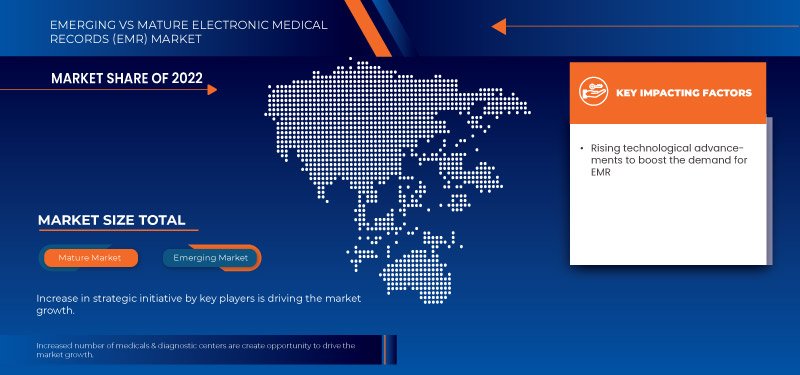⚡ Quick Summary
Recent discussions at HIMSS24 APAC highlighted the importance of demonstrating the benefits of Electronic Medical Records (EMR) to both patients and clinicians. This approach is essential for enhancing interoperability, health information exchange, and the digitalization of medical records across the Asia-Pacific region.
💡 Key Insights from the Panel
- 🔑 Expert Panel: The session featured Dr. Mahesh Appannan from Malaysia’s Ministry of Health, Seyoung Jung from Seoul National University Bundang Hospital, and Gareth Sherlock from Turimetta Consulting.
- 📊 Time Spent on EMR: A survey revealed that clinicians typically spend five to six hours on EMR systems, with variations based on specialty and case complexity.
- ⚙️ Automation Benefits: Dr. Appannan noted that automation in Malaysian electronic clinics allows doctors to see patients in as little as 10 minutes, thanks to innovative templates and voice-to-text technology.
👩⚕️ Challenges in EMR Usage
- ⚠️ Current Strain: Dr. Jung pointed out that ongoing strikes in South Korea have left medical professionals with insufficient time to complete patient EMRs.
- 🔄 Integration Issues: Sherlock emphasized the disparities in EMR usage between hospitals, highlighting the need for alignment and standardization in data quality to facilitate effective data exchange.
📅 The Role of Patients in Health Data Exchange
- 👥 Patient Engagement: Dr. Appannan stressed the importance of involving patients in health information exchange, empowering them to manage their own health data.
- 📈 Best Practices: Dr. Jung suggested showcasing successful use cases, such as the AI-powered blood glucose monitoring system integrated into EMR, to encourage patient participation.
🚀 Driving Change Management
- 🔍 Clinical Decision Support Systems (CDSS): The panel identified CDSS as a challenging tool to implement, requiring a cultural shift among physicians to embrace new workflows.
- 📉 Post-Implementation Analysis: Dr. Jung highlighted the lack of mechanisms for reporting issues with CDSS, which can lead to distrust in these systems.
🏥 Collaborative Efforts for EMR Success
- 🔗 Strategic Planning: Dr. Appannan described EMR implementation as a science that necessitates thorough planning and infrastructure readiness before deployment.
- 💼 Government Initiatives: The Malaysian government is working to unite stakeholders in the healthcare system to establish standards for digital transformation.
- 💡 Incentives for Adoption: Sherlock proposed offering incentives to encourage healthcare facilities to adopt EMR systems and facilitate health record sharing.
